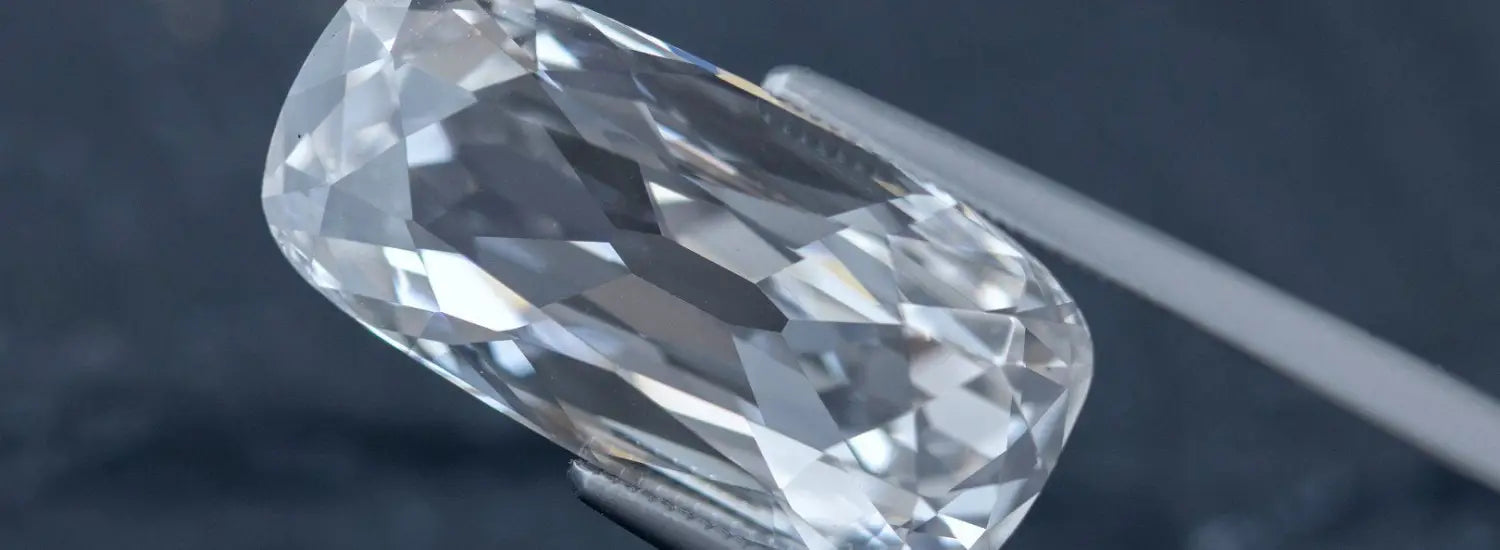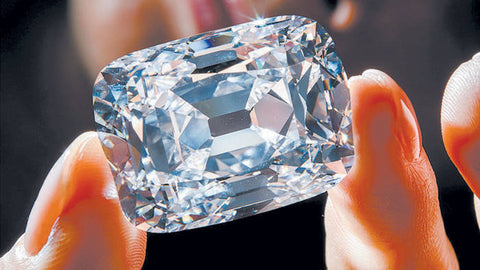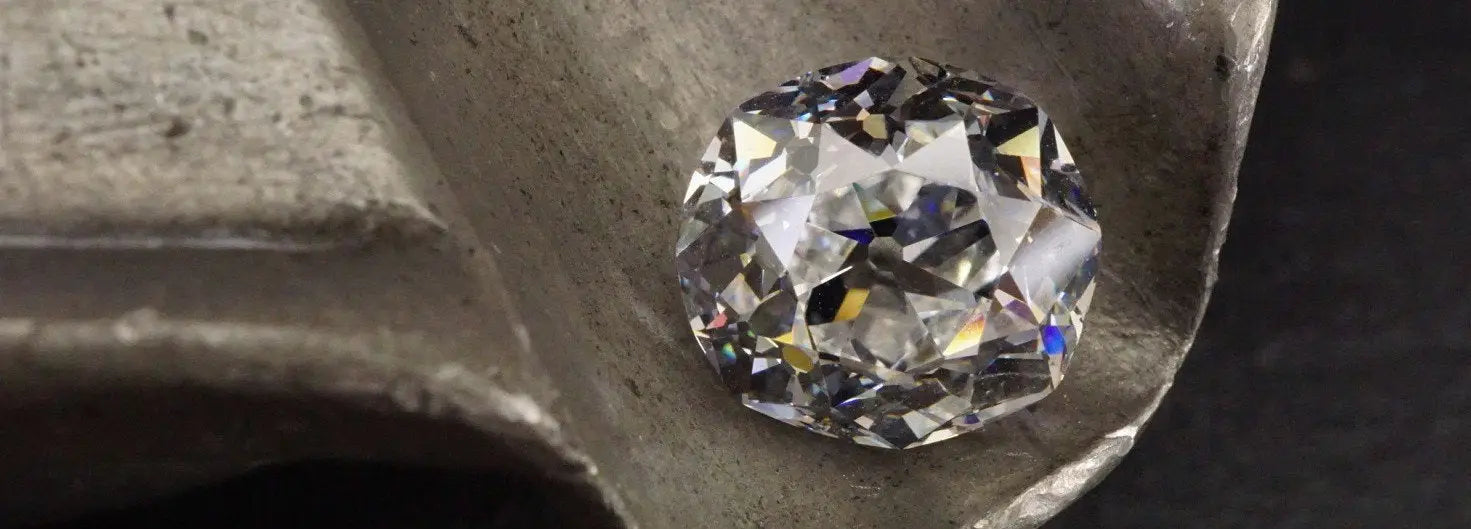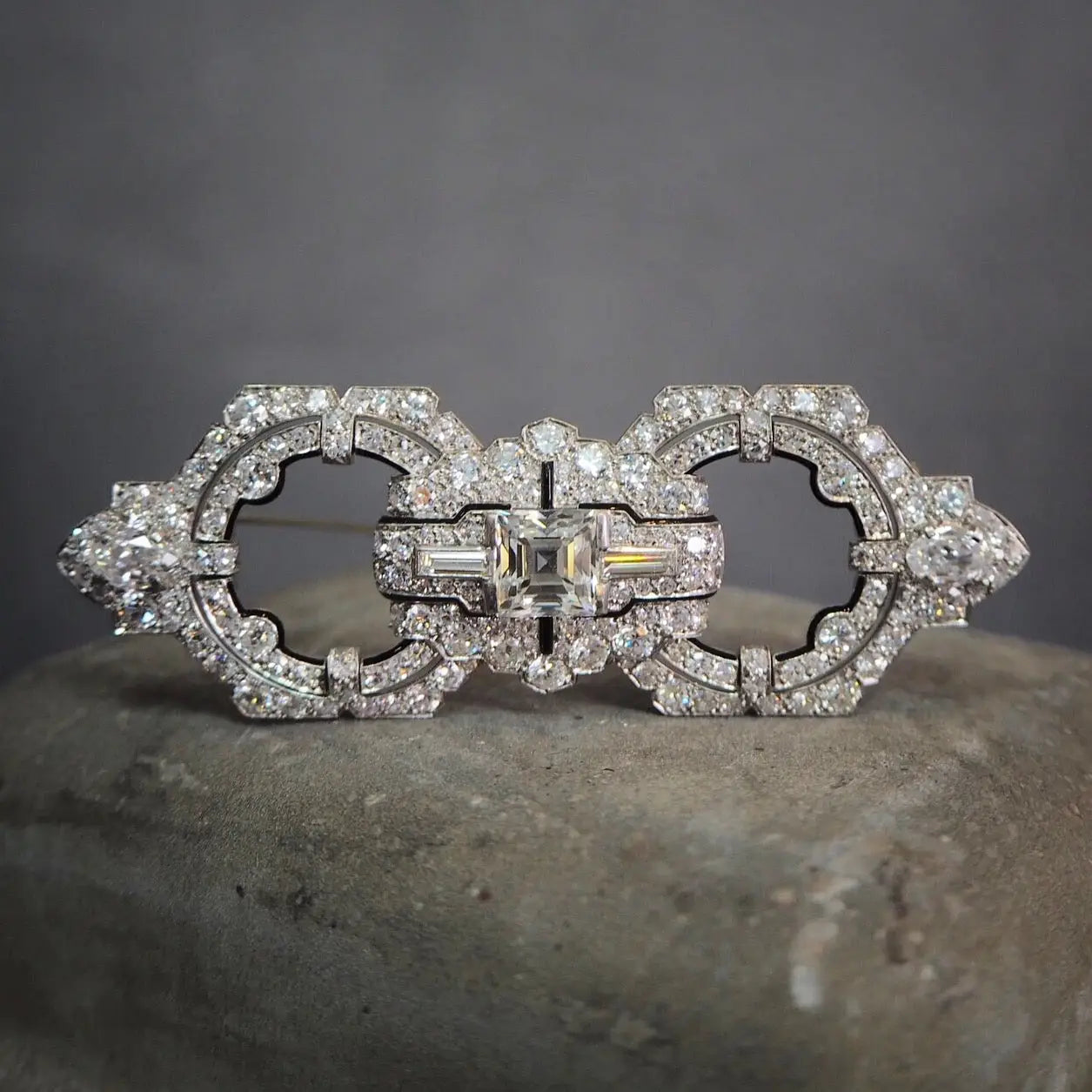
Intro to Golconda Diamonds
The Last Golconda
Often referred to as “the beginning of diamonds”, Golconda diamonds come from a small group of mines that surround the Krishna River in the Golconda region of India. For nearly two millennia, these mines were the only source of diamonds on Earth, and their gems were so highly cultivated that by 1725, the last diamond was pulled from the mines - and a true Golconda was never produced again.

A Golconda diamond known as the Archduke Joseph diamond, valued at over $20 million (photo source: Financial Times)
Why Golconda?
Throughout history, Golconda diamonds have been compared to water for their crystal clear, colorless quality. Stones from this region are designated type IIa, meaning they are devoid of nitrogen -- a quality that gives diamonds a slightly yellow tone. It’s estimated that only 1-2% of the world’s diamonds are type IIa, and not all type IIa diamonds are Golcondas. A true Golconda diamond can be distinguished by a flatter shape (created by the region’s flatter crystal formations), a true old cut, and a signature “super-D” effect. Place a Golconda next to a modern D color stone and you’ll see what we mean when we say that the Golconda shines whiter than white.
The Golconda diamond’s incredible allure lies in its absolute embodiment of a diamond’s most irresistible qualities: a Golconda one is rare and withstands the test of time. It sparkles and shines with a brilliant clarity that makes it nearly impossible to take our eyes from it. For those who treasure diamonds, Golconda is the ultimate -- and this has remained true all around the world for generations.
The Power of a Diamond

The Hope Diamond, one of the most famous diamonds in the world, now sits at the Smithsonian in Washington, D.C. (photo source: The Adventurine)
Some of the most famous diamonds in the world are Golcondas: the Hope Diamond, the Koh-i-Noor, and the Regent -- all of these diamonds are so captivating that they’ve inspired legends, incited battles, and even caused the rise and fall of empires. A Golconda is more than a pinnacle example of the earth’s natural beauty -- it is a piece of history.


